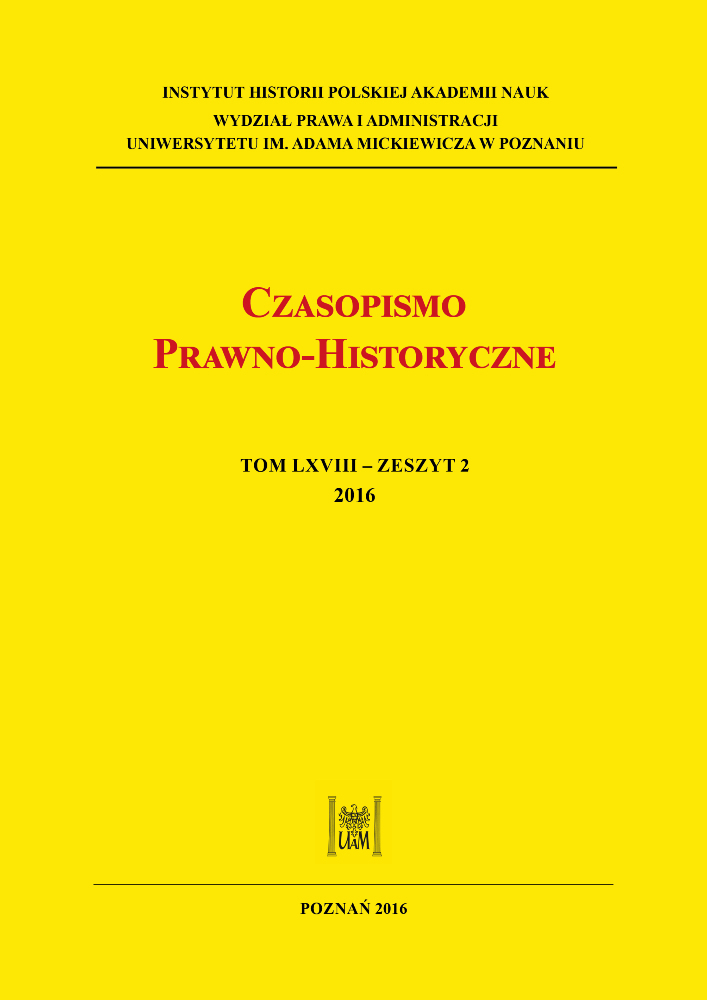Abstract
For hundreds of years, free speech has basically had a limited range and audience. You could speak and anyone within your voice range could hear what you had to say. Then came the printing press and books. You could write your thoughts and they could be published, but many people did not have access or the ability to read them. Radio, television, and other transmission media widened the potential range of your audience. Your words could be heard or read by people not in your general vicinity. But there were still limitations. People may have had access to your written or spoken words, but they did not understand the language in which the words were printed or transmitted in. Stopping your words from being able to be heard or understood created an impediment to free speech. You could verbalize your thoughts, but many people did not have access to hear them. There were still many barriers to inhibit free speech, including language and the ability of the receiver to fi nd your words in a sea of other writings and recordings.License

This work is licensed under a Creative Commons Attribution-NonCommercial-NoDerivatives 4.0 International License.




